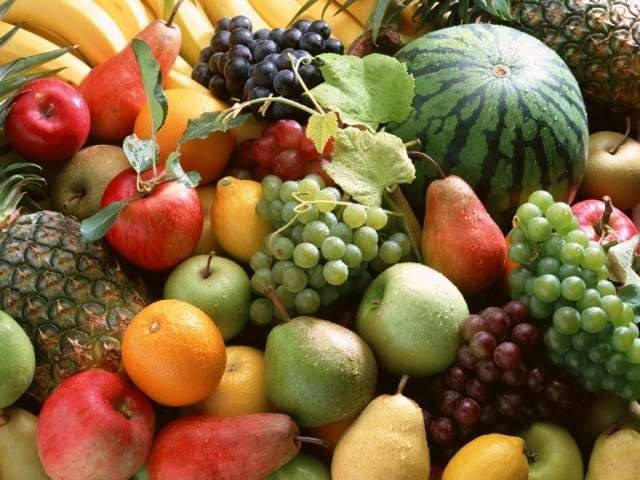Instruction
1
Thiamine, or vitamin B1, is necessary for normal functioning of muscles, nervous system and heart in addition, it turns carbohydrates into energy. To thiamine in sufficient quantity can be from mango, grapefruit, raspberries, pineapples, lemons, oranges and pears. The highest amount of vitamin B2, or Riboflavin, is necessary for body growth and red blood cell production, contains in kiwi. The richest sources of vitamin B3, or nicotinic acid, are cantaloupe, kiwi, watermelon, peaches, and bananas, which prevent the development of dermatitis, insomnia, dementia, and gastrointestinal disorders.
2
Vitamin B5, or Pantothenic acid, which improves metabolism and production of natural cholesterol in large quantity found in bananas and orange citrus fruit. To obtain vitamin B6, pyridoxine, is essential for the metabolism of fats, carbohydrates and proteins, as well as the production of antibodies and red blood cells, from watermelons and bananas. The highest amount of vitamin B9, folic acid is especially important during pregnancy, is in strawberries, oranges, blackberries, bananas and kiwi.
3
Vitamin a, necessary for the formation of hormones and reproduction of healthy cells, improve eyesight, hair growth and for strengthening bones, teeth and immune system, is found in apples, kiwi, peaches, blueberries, oranges and watermelon. Vitamin C has powerful antioxidant properties and helps to form collagen, blood vessels, and cartilage and muscle tissue in large numbers is in bananas, apples, lemons, plums, raspberries, strawberries, blackberries, mango, melon and grapes.
4
Vitamin E performs the antioxidant function that protects cell membranes and promotes the formation of red blood cells, can be obtained from kiwi, cranberries, blackberries, nectarines, persimmons, peaches, plums, limes, tangerines, papaya, mango, guava, cherry, passion fruit and figs. By eating fruits, remember that all the vitamins are stored only in raw fruits and partially destroyed during heat treatment.
Note
The most important feature of the vitamins is their involvement in the oxidation of free radicals that cause mutations of cells.
Useful advice
B vitamins should be consumed regularly as they ensure the correct functioning of a large number of enzymes.
